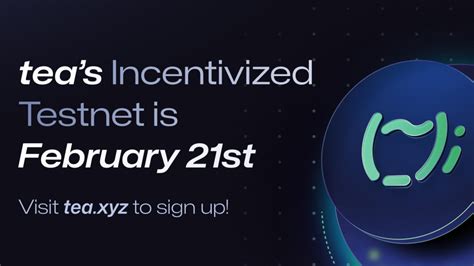Software licenses have always been a hot topic among developers and users alike, especially when new players introduce intriguing models. Recently, FUTO Keyboard has sparked debates within the community concerning its licensing terms and its overall contribution to the landscape of source-available versus open-source software. While traditional open-source models like the GNU General Public License (GPL) and Apache License have set a precedent, FUTO Keyboard’s ‘Source First’ license adds another layer of complexity, aiming to balance openness with the need for sustainable development.
One of the critical aspects drawing attention is the ‘non-commercial use’ clause embedded in the FUTO Keyboard’s license. According to the license, users can freely redistribute and modify the software but cannot use it for commercial purposes. This clause has evoked mixed reactions. ‘I would prefer an upfront cost and one that makes the product sustainable – instead of a free product with the danger of enshitification,’ remarked a user, echoing concerns about the long-term viability of this business model. This sentiment is not unfounded, as many free software projects struggle to sustain development due to the lack of consistent revenue streams. A donation-based model, as FUTO seems to be pursuing, can indeed be precarious.
However, the FUTO model is unique in that it combines elements of traditional open-source with a modern approach to software funding. For instance, the source code is openly available on GitLab, allowing anyone to view, modify, or distribute it, provided they abide by the non-commercial clause. This approach has been praised for its transparency and fairness. ‘It’s a sort of CC-BY-SA-NC deal. Seems fair enough to me,’ noted another user. This method particularly ensures that large corporations cannot commercially exploit the software without contributing back to the original developers, preserving the community spirit that many large-scale software projects often fail to maintain.
Interestingly, the debate extends beyond just legal and ethical aspects. The keyboard itself offers practical features that merit discussion. One commenter mentioned that FUTO Keyboard includes a ‘text editor mode that gives you arrow keys, a capslock key, and clipboard keys,’ although it lacks certain control keys like ‘Ctrl’ or ‘Alt.’ Another user appreciated the quality of the keyboard’s voice dictation capabilities, which use models based on Whisper. This offline voice recognition feature has been noted for its reliability and quality, distinguishing FUTO Keyboard from other open-source alternatives that might lack such advanced functionalities.
The idea of an offline functional keyboard garners significant interest, especially in today’s privacy-centric world. Given that many proprietary keyboards, such as Google’s GBoard, collect user data, the demand for privacy-focused alternatives like FUTO Keyboard is palpable. A user shared an experience of GBoard’s telemetry issues, emphasizing the value of an entirely offline solution. ‘GBoard does kind of ‘keylog’ in the telemetry it sends. It will also do this even if you block the keyboard’s internet access,’ he stated, highlighting the importance of privacy for end-users.
Nonetheless, the community is divided on whether the term ‘open source’ applies to FUTO Keyboard. Some argue that since the software cannot be used for commercial purposes, it diverges from the standard definition of open-source, which generally allows for unrestricted commercial use. ‘As long as it still allows copying, modification, and redistribution for non-commercial purposes, this doesn’t concern me that much,’ one user wrote. Another countered, ‘The non-commercial clause restricts use in a fundamental way. It’s not free software if you can’t use it freely within a commercial context.’ This dichotomy underscores the evolving and sometimes contentious definitions within the software community.
In these discussions, it’s clear that defining what constitutes ‘open source’ or ‘source available’ is more than a semantic battle. It reflects deeper philosophical divides about software freedom, developer rights, and sustainability. While some purists hold tightly to the tenets of the Free Software movement as defined by Richard Stallman and the Free Software Foundation, others see merit in adaptive licensing that responds to modern development challenges. The discourse surrounding FUTO Keyboard exemplifies this ongoing negotiation, pushing developers and users to reconsider how software can be both free and sustainable in a rapidly changing tech landscape.
As software licensing continues to evolve, projects like FUTO Keyboard challenge the status quo, urging the community to find a middle ground. For those interested in privacy, offline capabilities, and supporting community-driven projects, FUTO Keyboard offers a promising alternative. Whether or not it meets every criterion of traditional open-source philosophy, it unquestionably brings valuable functionalities to the table. For the latest updates and to join in the ongoing discussion, you can visit the project’s GitLab repository and their official website.


Leave a Reply